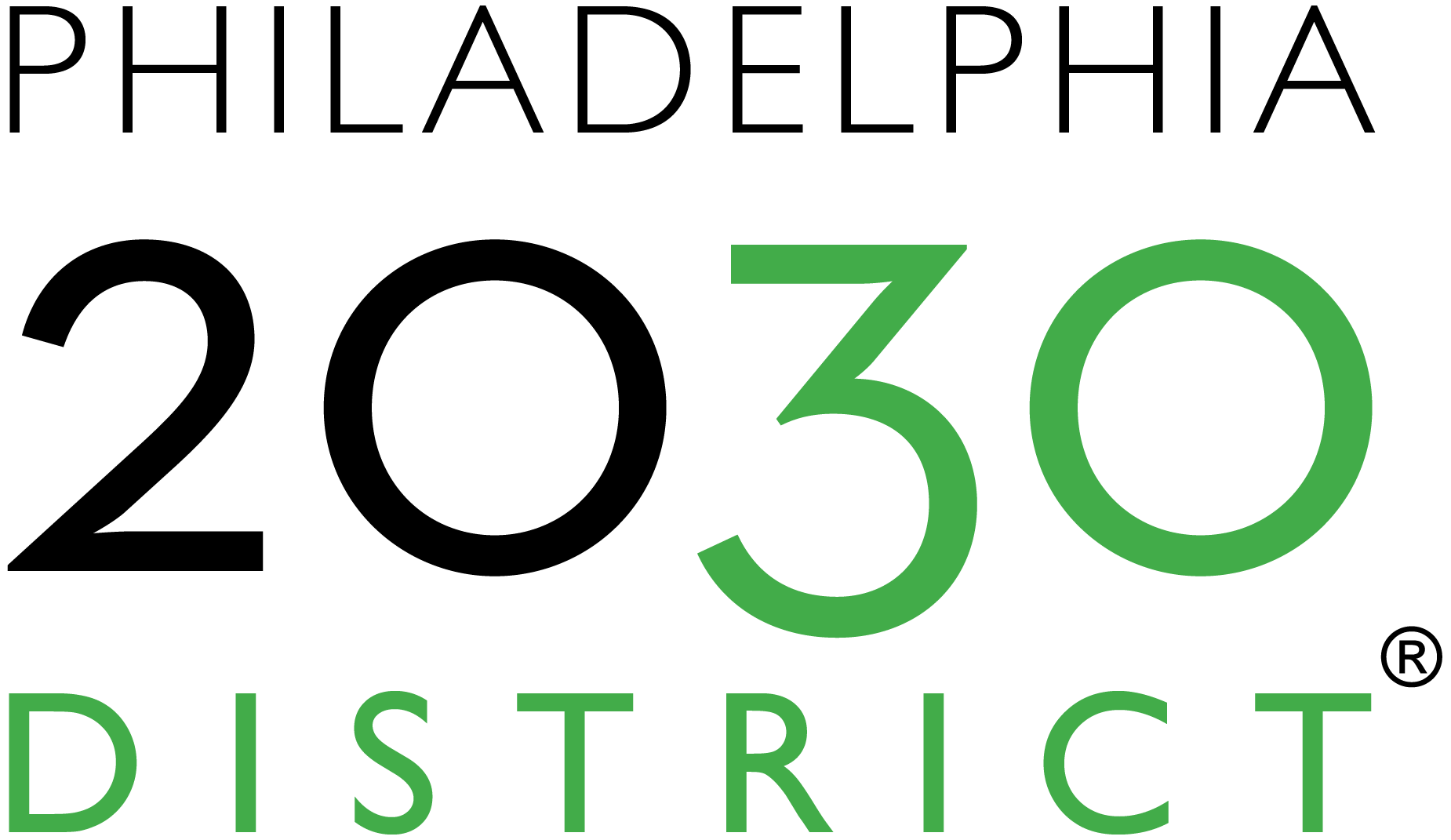In 2021, the striking side effects of Hurricane Ida along with the continued challenges posed by the pandemic have cemented the need to address the building sector’s role in public health, climate, and equity. Given these challenges, Green Building United has questioned what it means to have a 2030 district boundary and how our network will respond to changing needs, missions, and goals as we approach the year 2030 and beyond. We see the Philadelphia 2030 District as a critical resource to help building owners address climate change head on, inspiring goal setting, projects, and programs that lead the industry in our region. Paired with climate policy, such as the city-wide Energy Benchmarking ordinance and Building Energy Performance Program, the 2030 District can help the building sector, and the City of Philadelphia, become more resilient and carbon neutral as we approach 2030.

